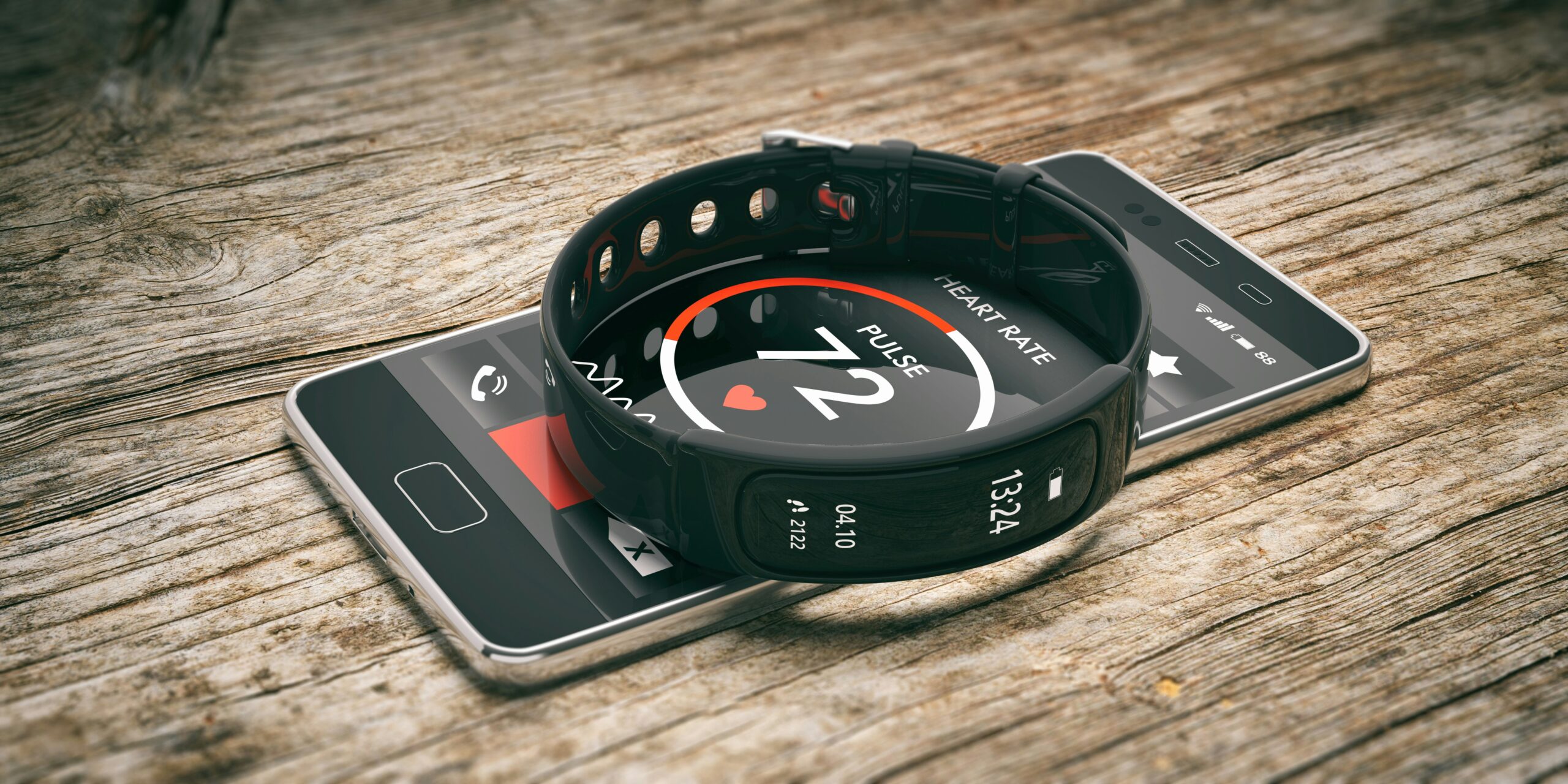Wearable fitness trackers have become a staple in many people’s lives, promising to revolutionize how we monitor our health and fitness. But the question remains: do they truly make a difference in achieving our fitness goals?
In recent years, the popularity of wearable fitness trackers has soared, with many individuals using them to keep tabs on their daily activity levels, heart rate, and even sleep patterns. These devices boast a range of features designed to help users stay motivated and informed about their health. But do they really deliver on these promises?
The Impact of Wearable Fitness Trackers
Research shows that wearable fitness trackers can indeed play a significant role in enhancing physical activity. A study published by the American Journal of Preventive Medicine found that individuals using these devices were more likely to increase their step count, contributing to better overall health. This increase in activity is often attributed to the devices’ ability to provide real-time feedback and set achievable goals.
Expert Opinions
Dr. James Brown, a well-known exercise physiologist, notes that “wearable fitness trackers can be a powerful tool for those needing an extra push to stay active.” He emphasizes, however, that the effectiveness of these devices largely depends on the user’s commitment to their own health journey.
Real-Life Examples
Consider the story of Colin, a 35-year-old office worker who struggled to find time for exercise. After investing in a fitness tracker, Colin became more conscious of his daily activity levels. He began taking the stairs instead of the elevator and walking during his lunch breaks. Over time, Colin noticed significant improvements in his fitness, attributing much of his success to the reminders and encouragement provided by his tracker.
Features to Look For
When considering a fitness tracker, it’s crucial to choose one that fits your lifestyle and fitness goals. Look for features such as heart rate monitoring, GPS tracking, and sleep analysis. A waterproof design might be essential if you swim regularly. Consider compatibility with your smartphone for seamless data synchronization.
Comparison Table: Wearable Fitness Tracker Features
| Feature | Importance | Considerations |
|---|---|---|
| Step Counting | High | Basic feature for tracking daily activity |
| Heart Rate Monitor | Moderate | Useful for tracking cardiovascular health |
| GPS | High | Essential for outdoor activities |
| Sleep Tracking | Moderate | Helps improve sleep quality |
| Water Resistance | High | Important for swimmers |
| Battery Life | High | Longer life reduces charging frequency |
| Compatibility | High | Ensure it syncs with your devices |
| Price | Variable | Depends on budget and features |
Frequently Asked Questions
Do fitness trackers improve motivation?
Many users find that fitness trackers provide the motivation needed to increase activity levels through goal setting and real-time feedback.
Can fitness trackers monitor sleep effectively?
Yes, most fitness trackers offer sleep tracking features that can help analyze sleep patterns and improve sleep quality.
Conclusion
Wearable fitness trackers, when used consistently and correctly, can make a notable difference in one’s health journey. They offer valuable insights and motivation, pushing individuals to achieve their fitness goals. However, it’s important to remember that these devices are tools that work best when paired with a genuine commitment to a healthier lifestyle. So, if you’re considering a fitness tracker, evaluate your personal needs and choose a device that complements your fitness aspirations.




Leave a Reply